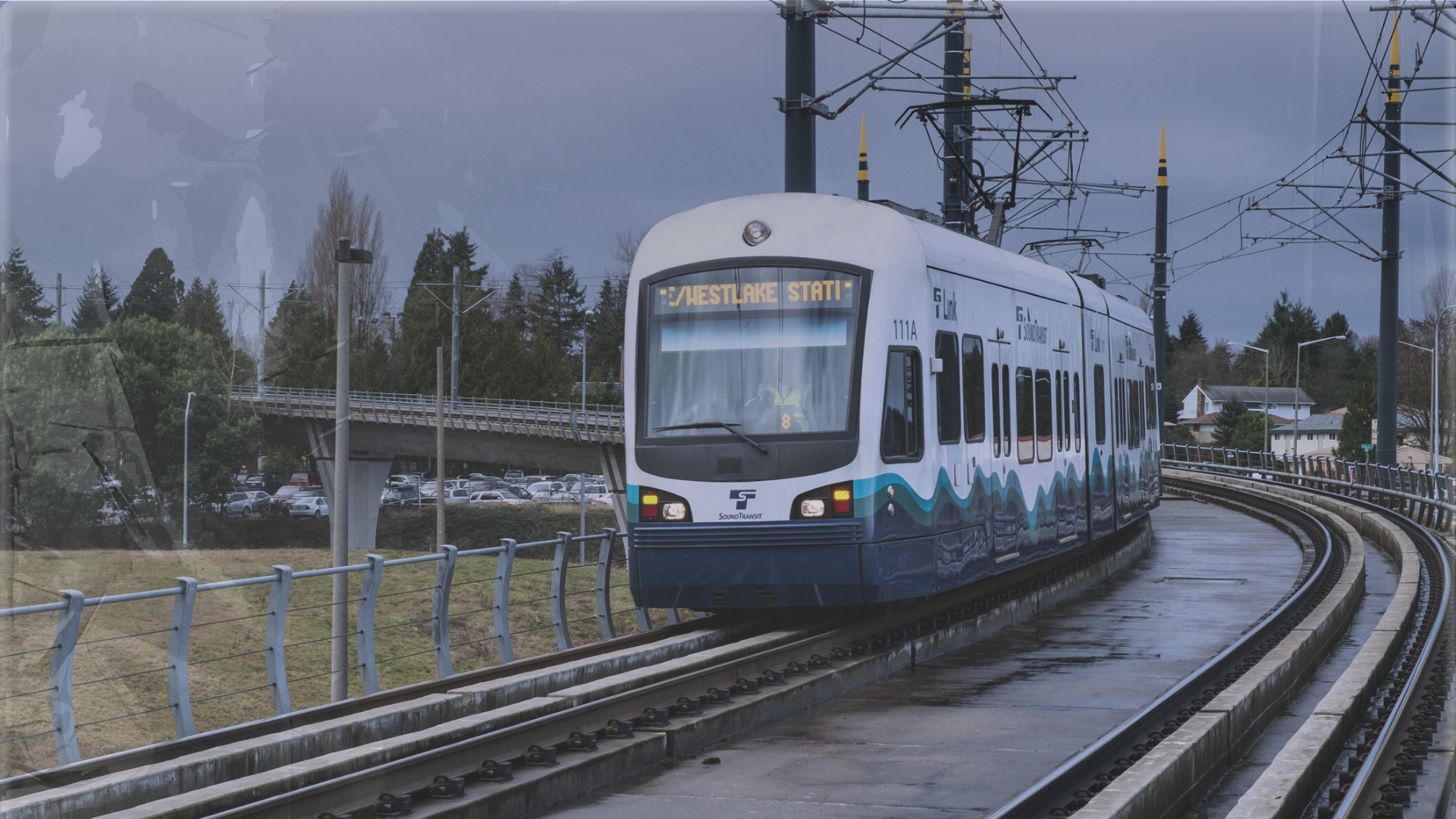In a recent interview about the prospect of Pierce County leaving the Sound Transit taxing district, Sound Transit spokesman Geoff Patrick suggested that people who pay transit fares but do not reside in the taxing district are freeloading, and should not be using Sound Transit buses and trains. Whether the comment from the agency is sincere or a slip, it reveals the punitive mindset of the agency toward the public.
Here is the excerpt:
“Patrick, the Sound Transit spokesman, said there are other practical issues that would arise if individual cities or counties were to remove themselves from Sound Transit. For one, how would the agency ensure citizens of those counties and cities weren’t using Sound Transit buses and trains anyway?
‘Would we check people’s driver’s licenses for their place of residence before they get on the bus?’ Patrick said.”
According to this logic, the Sound Transit Board Chair himself, who lives outside of the taxing district and does not pay Sound Transit’s taxes but might board light rail for a trip in Seattle - is a freeloader.
A young professional from Snoqualmie who drives to the Issaquah Park & Ride and pays a fare to board a Sound Transit express bus – is a freeloader.
A visitor who flies in from Berlin and pays a fare to take light rail from SeaTac – is a freeloader.
Sound Transit officials will, of course, accept fare money from these supposed freeloaders, and allow them to use buses and trains even though they do not pay Sound Transit’s taxes.
The people they threaten to not accept money from are those they would identify from a city or county that has opted out of the taxing district. It is those people who do not want to pay unfair car tab overcharges and tax increases to an agency that does not improve their mobility, who Sound Transit wants to punish.
It is this type of elitist reasoning that continues to fuel taxpayer frustration with the tax agency. Yet Sound Transit officials, who are not directly accountable to voters, either fail to see or simply do not care how statements like this come across to working families.
Despite Pierce County rejecting Sound Transit 2 and Sound Transit 3, Sound Transit officials insist that they know better what individual residents need. In fact, Patrick insists “it is a very acute need.”
In reality, it is not Pierce County residents who have the “acute need” – it is Sound Transit. The only reason the agency might be troubled by the idea of cities and counties opting out of their district is because when voters go, their wallets go with them.





